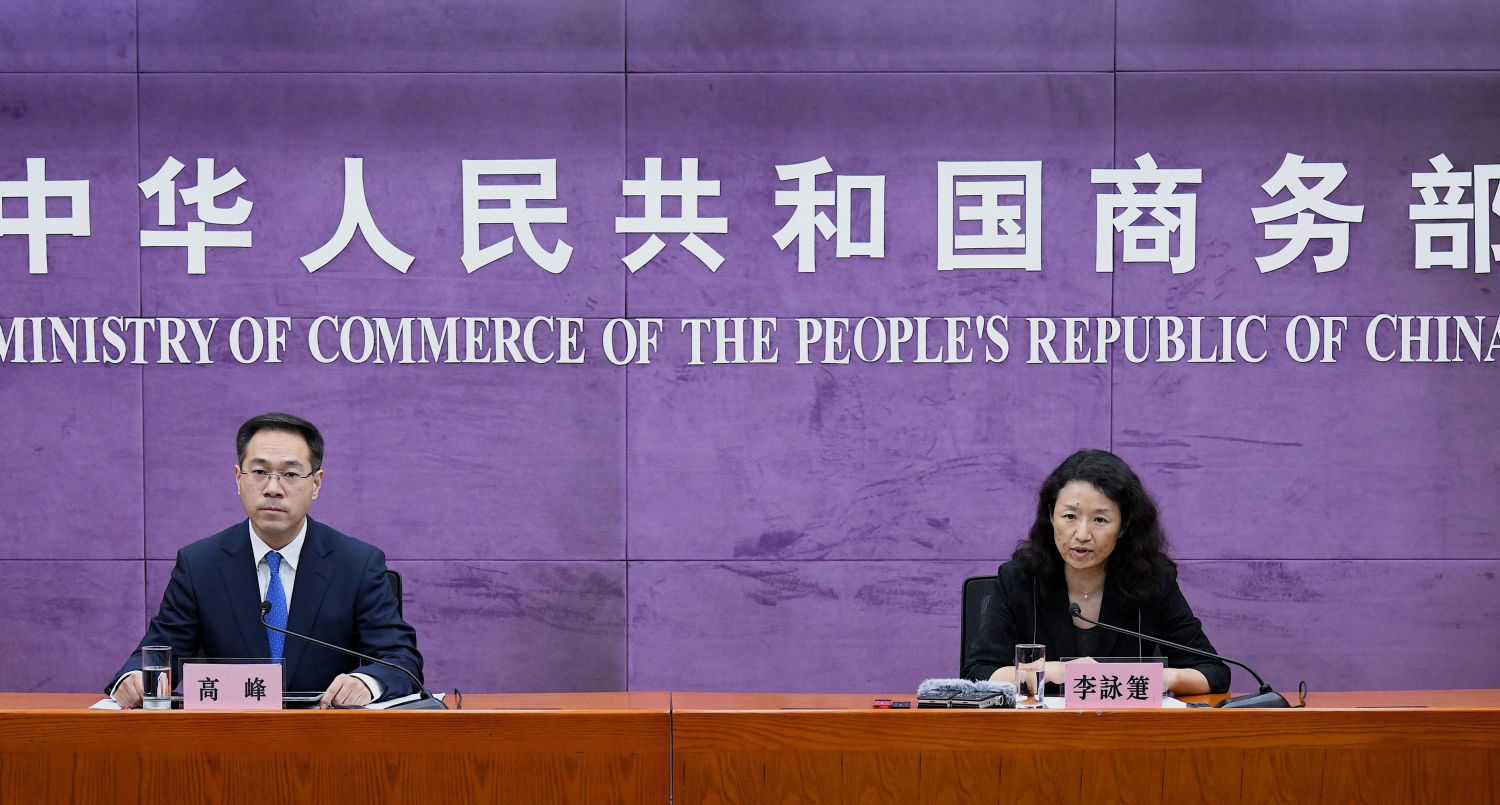(ATF) China’s Commerce ministry has vowed to defend the country’s three biggest telecommunications companies against plans by the United States to delist them from Wall Street stock exchanges.
The ministry said on January 2 that the delisting was an “abuse of national security and inconsistent with market rules”, adding: “China will take necessary counter-measures to protect the lawful rights and interests of its enterprises.”
However, the ministry did not indicate what measures might be taken, or which entities they would be directed against.
The New York Stock Exchange (NYSE) issued a statement on December 31 stating that in compliance with President Donald Trump’s executive order prohibiting Americans from investing in “Chinese companies with military backgrounds”, three listed companies – China Unicom (Hong Kong), China Mobile and China Telecom – would be delisted.
“This abuse of national security and the use of national power to suppress Chinese companies is inconsistent with market rules and market logic,” the ministry statement said. “It not only harms the legitimate rights and interests of Chinese companies, but also harms the interests of investors in various countries, including the United States, and will seriously weaken all parties’ confidence in the US capital market.”
The Commerce ministry alleged that the US “has been abusing export control and other measures to oppress enterprises, institutions, and individuals of other countries”. This has severely disrupted China’s trade, the ministry acknowledged, adding that “poses critical threats to the security of global industrial and supply chains”.
China’s Commerce ministry also offered a conciliatory statement on January 3, saying: “We hope that the US and China will meet each other halfway and work together to create a fair, stable and predictable business environment for the companies and investors of the two countries, and push bilateral economic and trade relations back on track as soon as possible.”
New regulations
The NYSE said that it would suspend trading in the stocks on either January 7 or January 11. The issuers have a right to a review of the decision. Each of the telecoms companies named by the NYSE also has a listing in Hong Kong.
The comments come three weeks after China reviewed its own Foreign Investment Law under national security considerations. Beijing claims the rules are neither restrictive nor protectionist and instead would provide “clarity”.
China’s top planning agency, the National Development and Reform Commission (NDRC), insisted the national security guidelines were tightened in order to open up markets in general.
The new regulations were drafted based on existing foreign investment and national security laws and jointly issued by the NDRC and the Ministry of Commerce. They are scheduled to go into effect from January 18.
The new rules consist of 23 articles, which stipulate the types of foreign investment subject to review under China’s national security regime.
They also set out to identify the relevant review body, the scope of review, review procedures, supervision for the implementation of review decisions and the handling of violations.
The ministry said the rules were intended to “minimise … impact on foreign investment activities as much as possible, and protect the enthusiasm and legitimate rights and interests of foreign investors”.
Foreign direct investment into China rose 6.3% year-on-year in the first 11 months of 2020 to 899.38 billion yuan (US$137.3 billion), the Commerce ministry said on December 15.
























